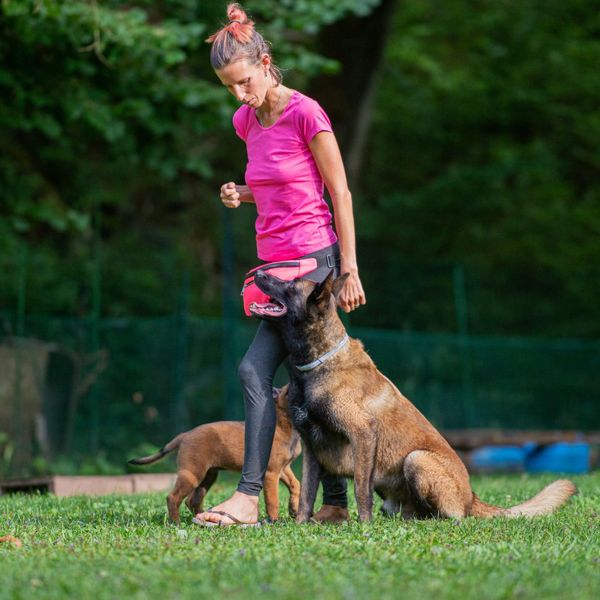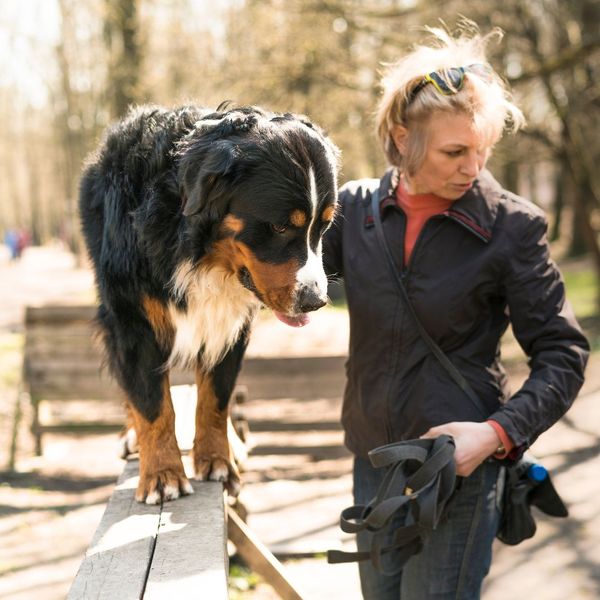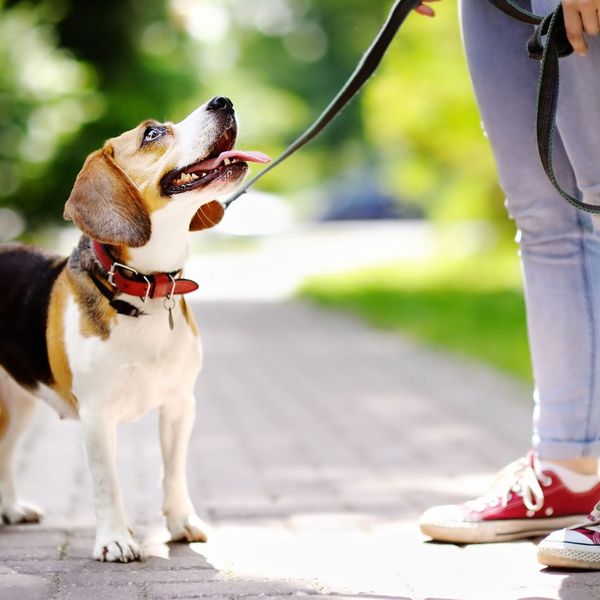Aggression in dogs can be a challenging and potentially dangerous issue for pet owners. Understanding and effectively managing aggressive behavior is essential for both the safety of your dog and those around them.
At United K9 Academy, you can trust us to provide high-quality dog training classes. Contact us today to learn more!




